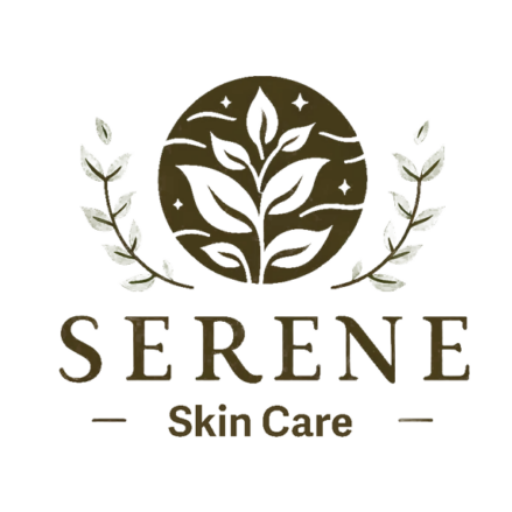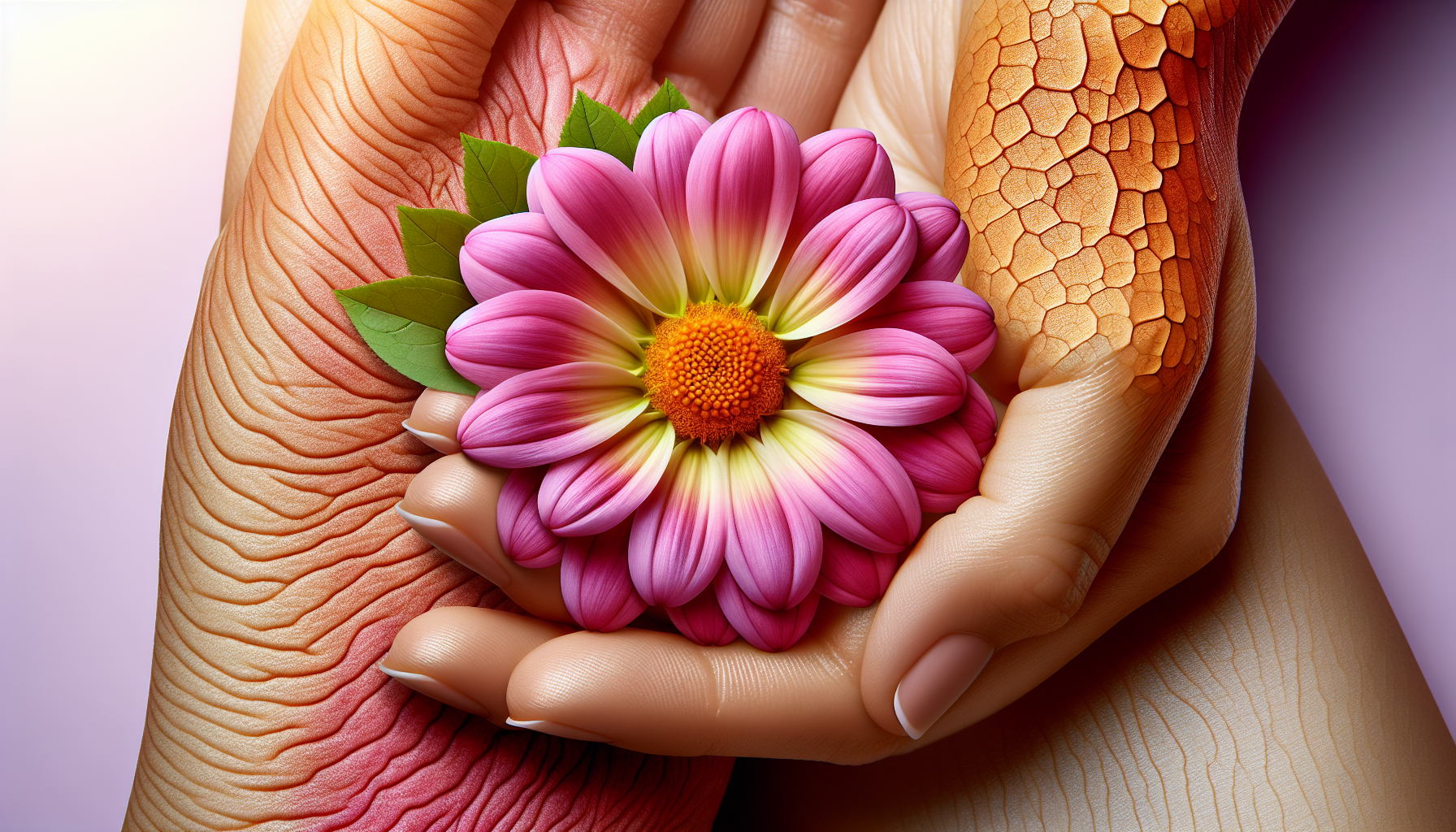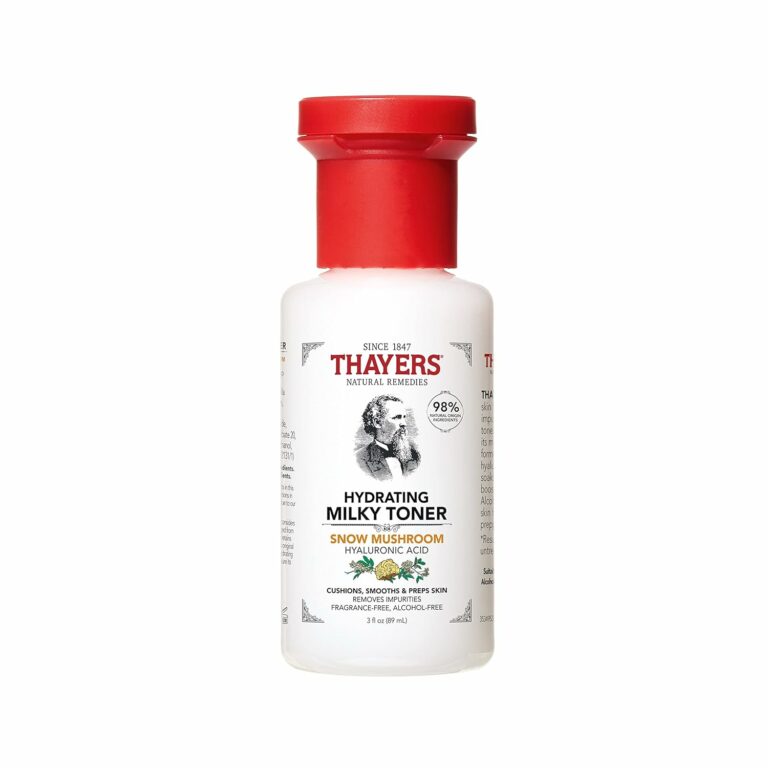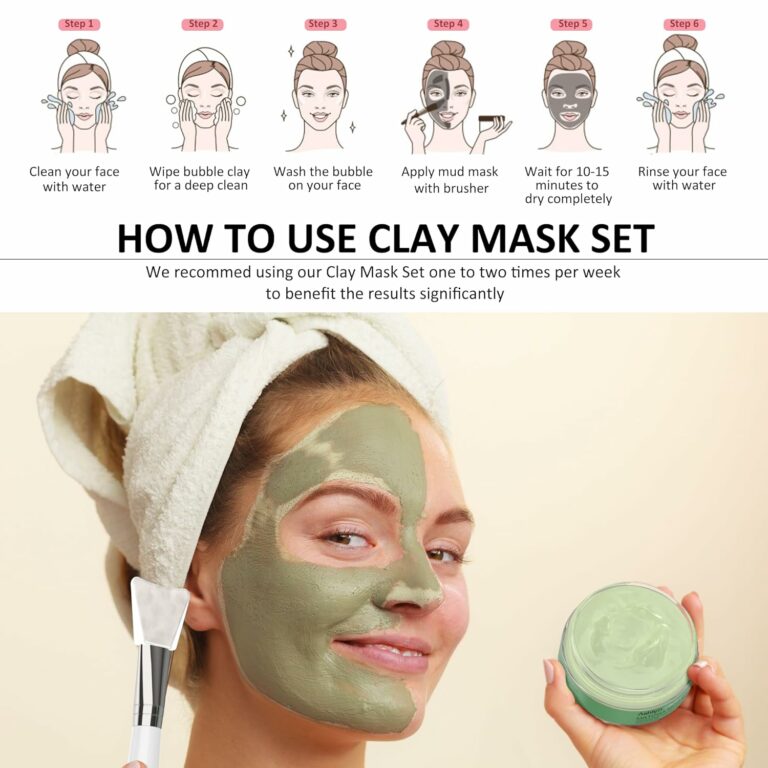Autophagy, the body’s natural process of self-cleansing and recycling damaged cells, has long been associated with health and longevity. However, recent research has uncovered its potential in revolutionizing the world of skincare. In this article, we explore how the process of autophagy can be harnessed to rejuvenate and heal the skin, offering a groundbreaking new approach to achieving radiant and youthful-looking skin.
What is Autophagy?
Autophagy, derived from the Greek words “auto” meaning self and “phagy” meaning to eat, is a natural process that occurs within cells to maintain their health and functionality. It is a cellular self-cleansing mechanism where damaged or faulty components are broken down and recycled, allowing the cells to renew themselves and function optimally. This process plays a crucial role in various biological processes, including skin health.
Process of Autophagy
Autophagy involves the formation of double-membraned vesicles within cells, known as autophagosomes. These autophagosomes encase the targeted cellular components and fuse with lysosomes, which contain digestive enzymes. The lysosomes then degrade the sequestered components, allowing the recycling of essential molecules. This recycling process provides the necessary building blocks for cellular repair and regeneration.
The Importance of Autophagy for Skin Health
Cellular Cleansing
Autophagy acts as a cellular “housekeeping” mechanism, eliminating damaged proteins, dysfunctional organelles, and other cellular waste. By removing these harmful elements, autophagy helps maintain the integrity and function of skin cells. This process is essential for preventing the accumulation of cellular debris, which can lead to various skin disorders and premature aging.
Anti-Aging Effects
Autophagy plays a vital role in counteracting the aging process. As cells age, their ability to efficiently remove damaged components diminishes. This results in the accumulation of dysfunctional proteins and organelles, leading to cellular senescence and the visible signs of aging. By promoting autophagy, aging cells can be rejuvenated, leading to smoother, more youthful-looking skin.
Protection Against Environmental Damage
Exposure to environmental stressors such as UV radiation, pollution, and toxins can damage skin cells. Autophagy helps protect against such damage by removing and repairing these harmful components. By enhancing the cell’s ability to defend against environmental stressors, autophagy contributes to overall skin health and resilience.
How Autophagy Benefits Skincare
Improved Skin Texture
Autophagy promotes the removal of dead skin cells and other debris, resulting in improved skin texture. By continuously clearing away these impurities, the skin appears smoother and more refined. Additionally, autophagy facilitates the regeneration of new, healthy skin cells, contributing to a more youthful complexion.
Reduced Wrinkles and Fine Lines
The degradation of collagen and elastin fibers, key components of skin structure and elasticity, is a hallmark of aging. Autophagy helps counteract this process by eliminating dysfunctional proteins that contribute to the breakdown of collagen and elastin. By reducing the accumulation of these proteins, autophagy promotes firmer, less wrinkled skin.
Enhanced Skin Radiance
Autophagy aids in the removal of pigmented cells and other factors that can contribute to a dull complexion. By clearing away these impurities, autophagy helps improve skin radiance, giving it a vibrant and healthy glow.
Natural Ways to Boost Autophagy for Skin Health
Fasting
Intermittent fasting and prolonged fasting are natural methods known to stimulate autophagy. When the body is in a fasting state, cellular resources become limited, prompting cells to rely on autophagy for energy production. Including periods of fasting in your routine can help stimulate autophagy and promote overall skin health.
Exercise
Regular physical activity has been shown to increase autophagy in various tissues, including the skin. Engaging in moderate-intensity exercise can promote autophagy and enhance skin health. Aim for a combination of cardiovascular exercises and strength training to reap the benefits.
Caloric Restriction
Caloric restriction, a dietary approach that involves reducing calorie intake without malnutrition, is another method that stimulates autophagy. By limiting the availability of nutrients, caloric restriction activates autophagy as a survival response. Incorporating periods of caloric restriction may bolster autophagic activity in the skin and promote its health.
The Role of Diet in Autophagy and Skin
Key Nutrients for Autophagy
Certain nutrients are known to support and enhance the autophagy process. These include polyphenols, found in foods like berries, green tea, and dark chocolate, which have been shown to activate autophagy. Omega-3 fatty acids, abundant in fatty fish and walnuts, also support autophagy. Additionally, adequate intake of vitamins C and E, zinc, and selenium are essential for maintaining optimal autophagic activity in the skin.
Foods That Promote Autophagy
Several foods have been identified as autophagy-inducing. These include cruciferous vegetables like broccoli, cabbage, and cauliflower, which contain sulforaphane, a compound that activates autophagy. Other autophagy-promoting foods include green leafy vegetables, turmeric, garlic, and resveratrol-rich foods like grapes and red wine.
Foods That Inhibit Autophagy
While there are foods that can enhance autophagy, some may inhibit or interfere with the process. These include high levels of carbohydrates, particularly refined sugars, which can impair autophagy. Additionally, excessive protein intake, specifically from animal-based sources, has been shown to reduce autophagic activity. Moderation and balance in dietary choices are key to maintaining optimal autophagy levels.
Autophagy and Skin Disorders
Acne
Autophagy plays a significant role in acne pathogenesis. Dysfunction in autophagy can lead to the buildup of keratinocytes and sebum within hair follicles, resulting in blocked pores. This, in turn, leads to the formation of comedones and inflammatory acne lesions. Promoting autophagy through lifestyle modifications and targeted skincare may help alleviate acne symptoms.
Psoriasis
Psoriasis is a chronic autoimmune disorder characterized by abnormal skin cell turnover. Studies suggest that impaired autophagy may contribute to the development and severity of psoriasis. Enhancing autophagy through dietary interventions and medications may help manage psoriasis symptoms and improve overall skin health.
Eczema
Eczema, or atopic dermatitis, is a common condition characterized by dry, itchy, and inflamed skin. Impaired autophagy has been implicated in eczema pathogenesis, disrupting the skin’s barrier function and leading to increased vulnerability to allergens and irritants. Promoting autophagic activity through lifestyle changes and targeted skincare approaches may help alleviate eczema symptoms and restore skin barrier function.
Autophagy-Inducing Skincare Products
Topical Creams and Serums
The skincare industry has embraced the concept of autophagy, developing topical creams and serums specifically formulated to stimulate autophagic activity in the skin. These products often contain ingredients such as retinol, hyaluronic acid, amino acids, and antioxidants that support and enhance the autophagy process.
Face Masks
Autophagy-targeted face masks are designed to deliver active ingredients directly to the skin, promoting autophagic activity. These masks may contain ingredients like activated charcoal, green tea extract, or fruit enzymes that encourage cellular cleansing and rejuvenation.
Supplements
Supplementing with autophagy-supporting nutrients can further enhance the benefits of skincare routines. Specific supplements, such as resveratrol, curcumin, and omega-3 fatty acids, have been shown to promote autophagic activity. However, it is essential to consult with a healthcare professional before starting any new supplements to ensure their safety and efficacy.
Benefits and Limitations of Autophagy-Targeted Skincare
Enhanced Skin Regeneration
Autophagy-targeted skincare products and practices can stimulate the natural regenerative abilities of the skin, leading to improved texture, firmness, and overall appearance. By promoting cellular renewal and repair, these approaches contribute to healthier, more youthful-looking skin.
Delayed Aging Process
Autophagy-targeted skincare may help delay the visible signs of aging by reducing the accumulation of damaged proteins and organelles. By supporting the cellular self-cleansing process, autophagy aids in maintaining skin health and integrity, prolonging a youthful appearance.
Potential Side Effects
While autophagy-targeted skincare approaches are generally safe, it is essential to be aware of potential side effects. Some individuals may experience skin irritation, redness, or sensitivity when using certain autophagy-boosting products. It is advisable to perform a patch test before incorporating new products into your skincare routine and to discontinue use if adverse reactions occur.
Clinical Studies on Autophagy and Skincare
Findings and Results
Numerous studies have investigated the impact of autophagy on skin health and skincare. These studies have shown that promoting autophagy can improve various skin conditions, including acne, psoriasis, and aging-related changes. Autophagy-targeted interventions have demonstrated positive effects on skin texture, hydration, and overall appearance.
Future Research Directions
While existing clinical studies provide promising results, further research is needed to fully understand the complex relationship between autophagy and skin health. Future studies may focus on developing more precise interventions and exploring additional factors that modulate autophagy in the skin. These advancements will contribute to the development of safer and more effective autophagy-targeted skincare approaches.
Incorporating Autophagy into Your Skincare Routine
Consultation with Dermatologist
Before incorporating autophagy-targeted skincare practices or products into your routine, it is recommended to consult with a dermatologist. A dermatologist can evaluate your skin’s specific needs and provide guidance on the most suitable approach.
Choosing Autophagy-Boosting Products
When selecting autophagy-boosting skincare products, consider your skin type, concerns, and any known sensitivities. Look for products that contain ingredients known to support autophagy, such as retinol, hyaluronic acid, and antioxidants. Pay attention to product reviews and testimonials to gauge their effectiveness.
Combining Autophagy-Activating Methods
To maximize the benefits of autophagy for your skin, consider combining various autophagy-activating methods. This may include incorporating intermittent fasting into your routine, engaging in regular exercise, practicing caloric restriction, and using autophagy-targeted skincare products. A holistic approach is often the most effective in supporting autophagy and promoting skin health.
In conclusion, autophagy represents a new frontier in skincare, offering promising benefits for skin health and appearance. By embracing this natural process through lifestyle modifications, dietary choices, and targeted skincare practices, individuals can enhance their skin’s vitality, delay the aging process, and promote overall skin health. Remember, consult with a healthcare professional or dermatologist before making any significant changes to your skincare routine.







